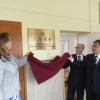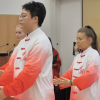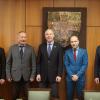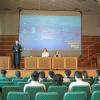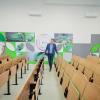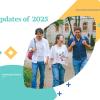The intersection of climate change and medical education
2025
Jan
24
How can climate change become part of the medical curriculum? The University of Pécs hosted the final conference of the CLIMATEMED project between 23 and 24 January, where participants explored the answers to this question. The project, supported by the 3-year programme under the Erasmus+ programme, aimed to integrate the impact of climate change on public health into medical education, bridging the gap between the looming global challenges and the knowledge of future doctors.
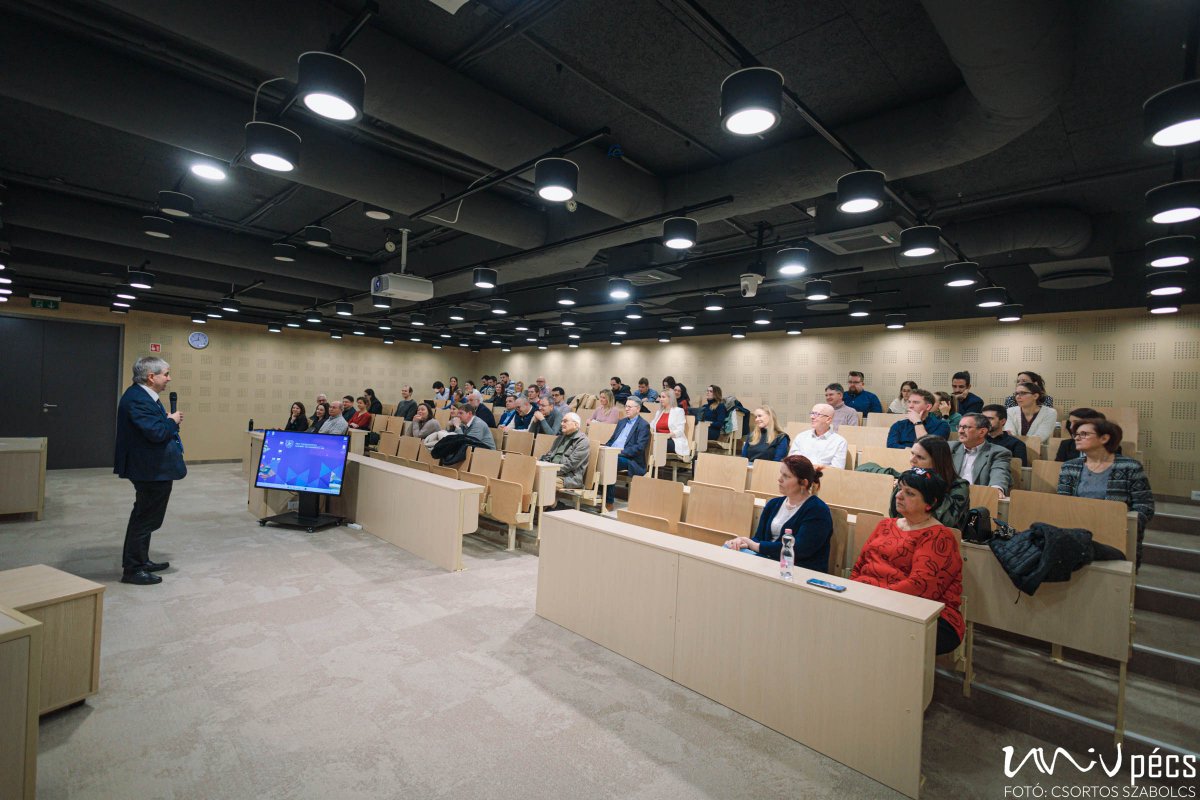
The event was opened by Dr. Tamás Tényi, Vice-Dean of the Faculty of Medicine, who pointed out that understanding and treating climate change and its impact on the human body should be an essential part of the medical profession. "Allow me to play the role of 'devil's advocate' for a moment. There is a tendency - particularly among stereotypical medical professionals - to offer superficial explanations for patients' concerns. 'Your problem must be caused by the weather.' You have probably encountered this common response from those who cannot give a more accurate diagnosis.
Climate change is generating complex problems not only at the natural level, but also at the health level. Our work therefore goes beyond superficial explanations - we need a deeper understanding and integration of this new field of medicine," he said.
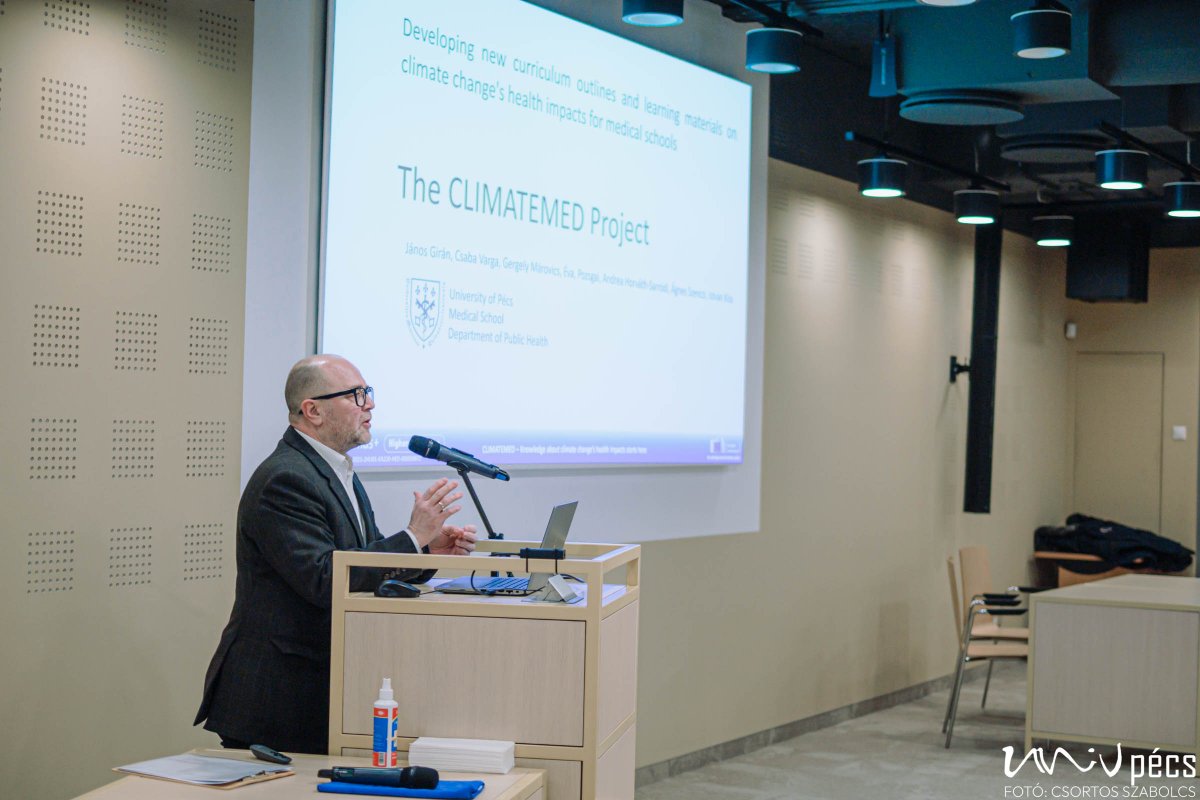
The conference started with a presentation entitled "Developing New Curriculum Outlines and Learning Materials on Climate change's Health Impacts for Medical Schools - The Climatemed Project", presented by Dr. János Girán, a senior lecturer of the Department of Public Health Medicine at PTE.
"According to the World Health Organization, climate change contributes to around 200,000 deaths every year, yet only 15% of the world's medical schools cover the topic in their curricula.
We want to change this," stressed Dr Girán.

In the CLIMATEMED project, five partners from four countries worked together to develop innovative learning materials and teaching tools for medical students, educators and postgraduate students. As a result of the project, they will be available free of charge from 1 March:
1. New curriculum and learning materials for medical students on climate change's health impacts.
2. Training and education materials for academic staff of medical schools.
3. Teachers' guide on how climate change-related health topics can be integrated into the curricula.
4. Training materials for medical doctors' postgraduate learning programmes.
The new curricula and guidelines aim to support the teaching of the health impacts of climate change and encourage institutions to integrate them into their existing curricula.

The conference participants agreed that future doctors must be prepared to treat climate-related diseases, such as those caused by heat waves or infectious diseases spread by climate change. Such training can save lives not only individually but also globally.
The event was not only the final chord of the project, but also the start of an important dialogue on how to integrate sustainability into medical education.
"There is a growing need for professionals who understand the complexities and health consequences of climate change," concluded Dr János Girán.
Following the conference, participants expressed their hope that the results achieved and the teaching materials made available free of charge from 1 March will help to ensure that medical education is truly prepared for the biggest challenges of the 21st century.
- Log in to post comments
University of Pécs | Chancellery | IT Directorate | Portal group - 2020.
